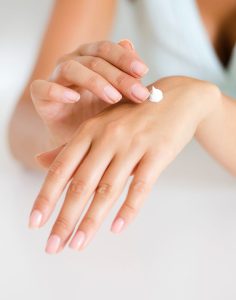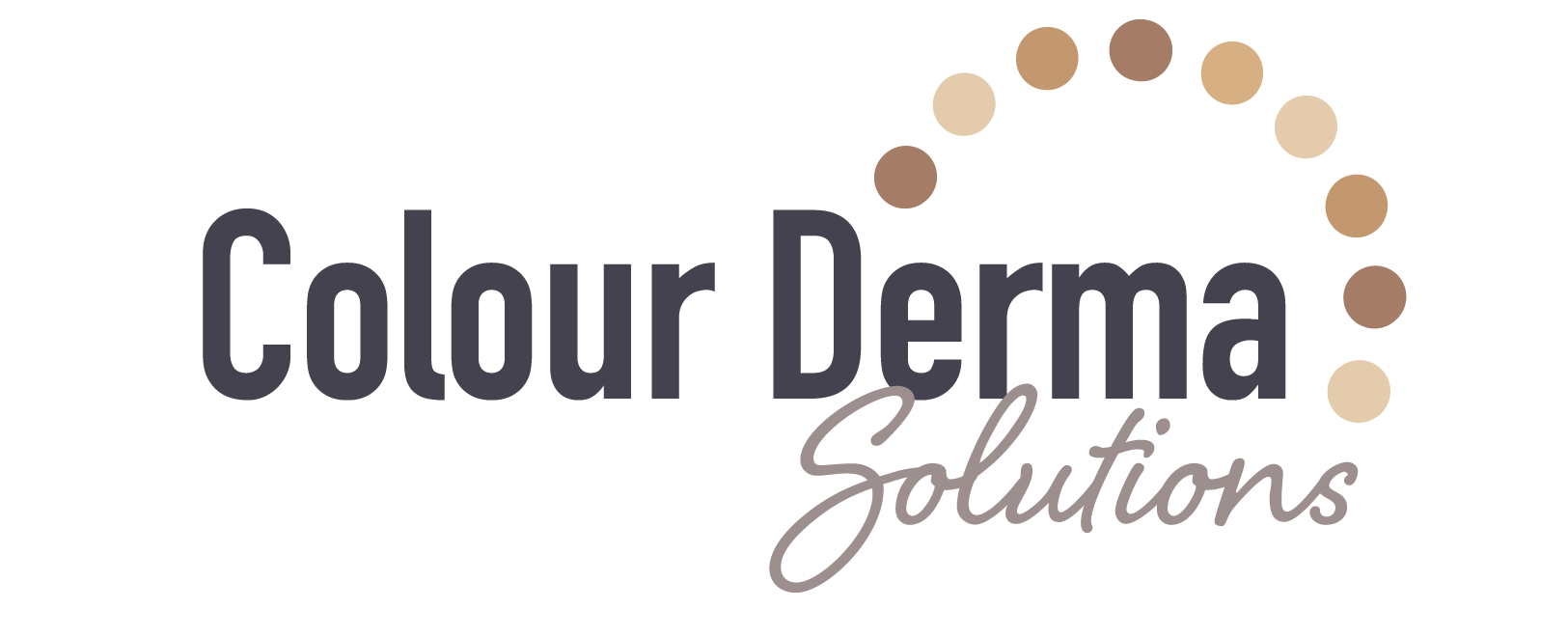Treating your skin condition with care
Healthy Skin – Many of us probably don’t think about this, but the skin is an organ. In fact, it is our largest organ, vital in keeping our insides, well, in and protected and keeping out bacteria, viruses, and other nasty invaders. Your healthy skin helps you maintain your body temperature, while also helping to keep you hydrated and supplied with vitamin D. That is a very simplified description of healthy skin, but it is safe to say that it is very important. So, when you have to contend with conditions like vitiligo, eczema, rosacea, and others, we want to make sure you are well informed.
Colour Derma’s team are experts in camouflage makeup, helping men, women, and children of all ages conceal skin conditions for a more natural look and improved confidence. With this expertise, we have come to understand there are many ways you can treat various skin conditions under that camouflage makeup. Along with medications and skincare, diet can make a significant difference in managing various skin conditions.
What are skin conditions?
Not every rash is skin cancer, and not every pimple is acne. But there are skin afflictions that can be chronic due to an underlying condition or disease that clogs, irritates, or inflames the skin or that drastically changes skin colour or appearance. Some of the more common skin conditions include:

- Acne: oil, dead cells, and bacteria block skin pores and follicles, causing pus and swelling.
- Alopecia: hair follicles in your skin are attacked so that hair falls out in patches.
- Eczema: skin gets extremely dry and itchy in patches, even to cracking.
- Psoriasis: causes red, scaly skin that may swell, feeling painful and hot.
- Skin cancer: abnormal skin cell production causes cancerous lesions and growths.
- Rosacea: causes skin to redden and thicken in patches throughout the body.
- Vitiligo: the cells that create skin tone are attacked, creating patches of white skin.
There are other types of skin conditions that are a bit less common, such as argyria (skin colour changes from silver build-up) and lipoidica (sores develop on lower legs), but we do not want to list them all. Safe to say that you should visit a dermatologist or healthcare professional if you see changes or irritations to your normal healthy skin.
There are many factors that can cause these skin conditions. Bacteria or fungi that infect your otherwise healthy skin and pores could be a cause. Diseases such as diabetes, immune deficiencies, and thyroid or kidney issues could also express themselves as skin rashes or discolourations.
Environmental and lifestyle factors can also wreak havoc on your skin. You could have an allergic reaction or similar response to certain medications. Harsh chemicals, cleansers, or even “natural” soaps and cosmetics could cause a skin condition to flare up as well. Even spending too much time in the sun without the proper protection may do more than give you a tan or a sunburn.
What’s good to eat for healthy skin?
Among those environmental and lifestyle factors is diet. As a rule of thumb, keeping hydrated and well-nourished goes a long way to keeping your healthy skin, healthy, whether you have a skin condition or not. Specifically, fruits and vegetables are an excellent source of antioxidants, beta-carotene, and vitamin C, which are all important for protecting and promoting healthy skin function and development.
Good levels of vitamin C are especially key for collagen formation, which keeps healthy skin supple and strong. Other vitamins and minerals that are key include, vitamin E, selenium, and zinc. Excellent sources for these include avocados, nuts, and seeds – these are also good sources of healthy fats, like omega-3, that help fight inflammations. For specific skin conditions, you may want to consider:
Acne: It is suggested that you avoid dairy products, processed foods with a high glycaemic index (white bread, potatoes, white rice, etc.), and foods high in saturated and hydrogenated fats (margarine, bacon, beef, etc.). You may want to try probiotics and anti-inflammatory foods (tomatoes, olive oil, mackerel, etc.).

Eczema: Food allergies are often a major factor in cases of eczema or atopic dermatitis. However, it is not the same food for everyone. In this case, you may want to talk to a dietician about going through an elimination diet to identify what foods cause flare-ups.
The culprits could be anything from eggs and peanuts to cantaloupe and shellfish, so you should work with a healthcare professional, so you target the right foods.
Psoriasis: External factors like sun, smoking, and stress are more often pointed to regarding psoriasis patches appearing. But an unhealthy diet leading to obesity or diabetes and alcohol consumption have also been identified as possible triggers. Healthy fats from fish and nuts are highly recommended, as are anti-inflammatory herbs like turmeric, ginger, and garlic.
Rosacea: It may seem too fitting, but it seems to be true – hot and spicy foods may trigger a flare-up, causing skin to heat up and redden. But this is possibly also the case with caffeinated drinks and alcohol, as well as processed meats, chocolate, and colas. There have been studies that suggest a high-fibre diet may help reduce flare-ups.
Ultimately, this article is just an outline to help give you an idea of what can be done. You should discuss your skin condition with a trusted healthcare professional. They can help you with various treatment options, including topical creams and oral medications, as well as precautions you can take regarding your diet.

Meanwhile, camouflage makeup by Colour Derma
Many skin conditions are chronic, meaning that they may not go away. But that does not mean you have to suffer or feel embarrassed about your psoriasis, vitiligo, or whatever you may have. There are plenty of things you can do, including adjusting your diet as we mentioned above. And, among the many resources you can rely on, camouflage makeup can help boost your confidence when you need it.
The team at Colour Derma are experts in helping people conceal their skin conditions, whether for one day or for a longer term. If you want to find out more about camouflage makeup solutions that are right for you, contact us today!


Recent Comments